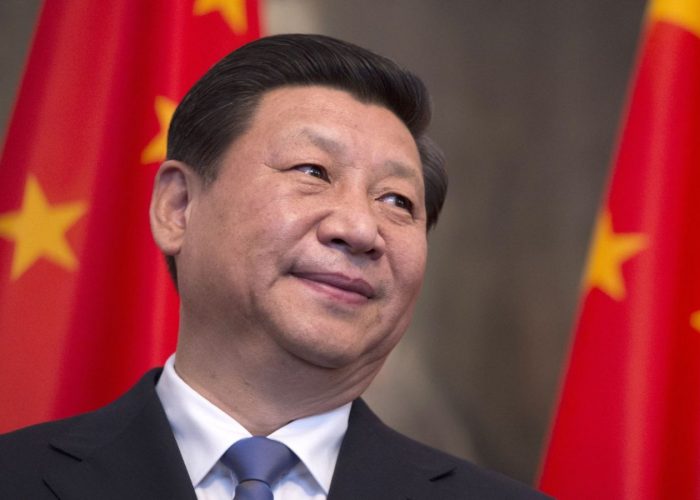



Chinese President Xi Jinping is leading a crackdown on the internet
BEIJING is targeting foreign businesses’ use of the internet in a move which companies are concerned may disrupt their operations and jeopardise trade secrets.
A letter sent by China’s state-owned telecommunications company to its business customers has warned them that they must only use virtual private networks to connect to their headquarters abroad.
Virtual private networks (VPNs) are used to create an encrypted link between computers – protecting the communications between those computers from any interference.
As a privacy technology, VPNs are used by businesses to protect their trade secrets, but they are also a popular means of circumventing China’s “Great Firewall” through which Beijing exerts strict control over what its citizens can see on the internet.
The letter, which was seen by the Associated Press, also requires companies to provide the identities of all the employees who use a VPN.
One Western diplomat, speaking to AP on the condition of anonymity, said that companies had informed his government they were worried that the rules would lead to a weakening of their information security and potentially to their trade secrets being stolen by Chinese rivals.
The crackdown follows an announcement in January that the authorities would start to target those using VPNs to evade Beijing’s online censorship as part of President Xi Jinping’s vision of “internet sovereignty” in which the government controls what citizens can do or see online.
VPNs are the latest in a series of privacy technologies which Beijing has taken aim at following the death in detention of Liu Xiaobo, a pro-democracy dissident and human rights activist.
WhatsApp has also been blocked in China ahead of the 19th Party Congress, at which significant changes to China’s ruling Communist Party are expected.
Social media sites such as Facebook and Twitter are also inaccessible, and censors have also banned the image of Winnie the Pooh – reportedly because the bear was being compared to the President. – news.sky.com
Sorry. No data so far.

